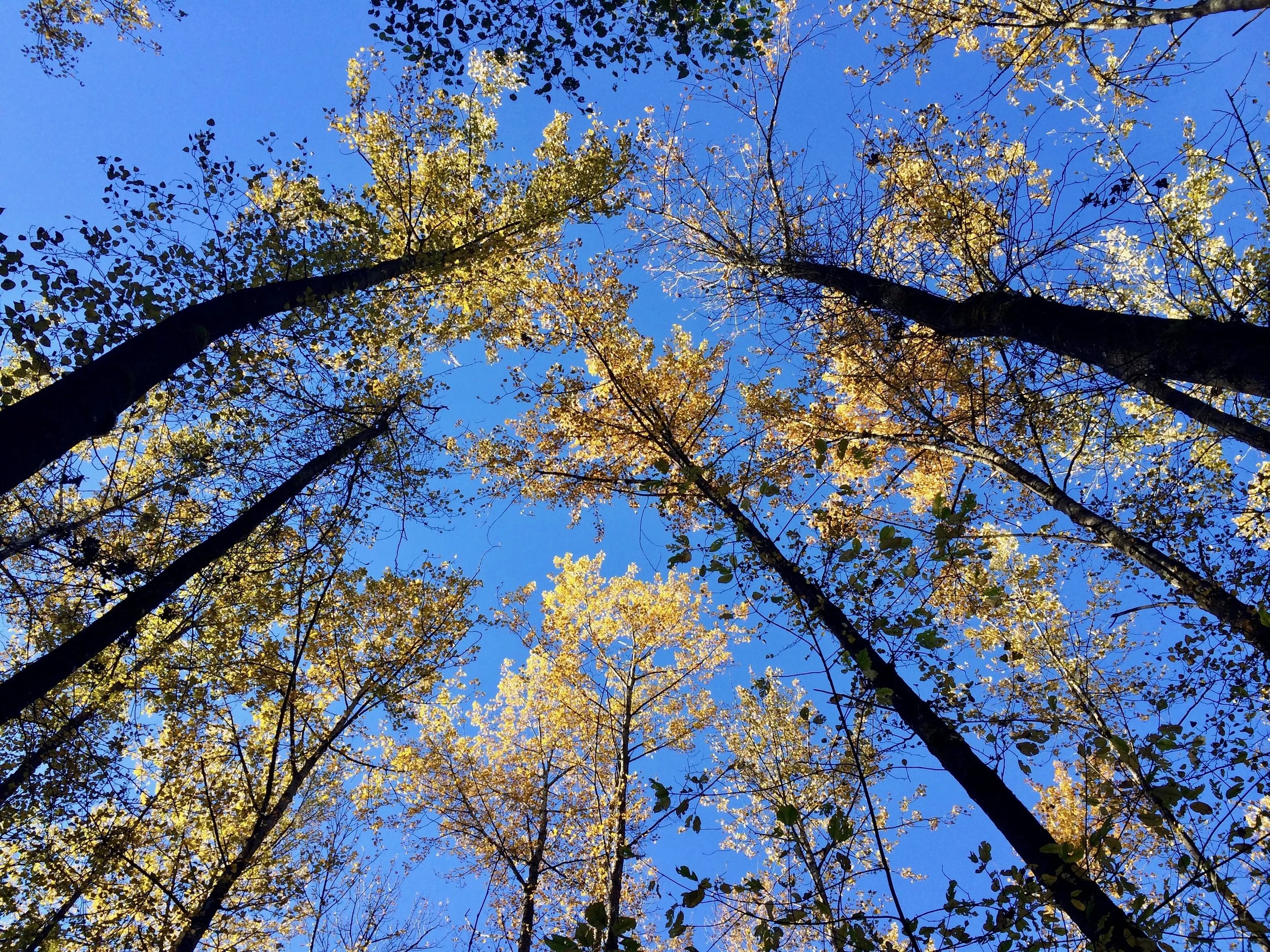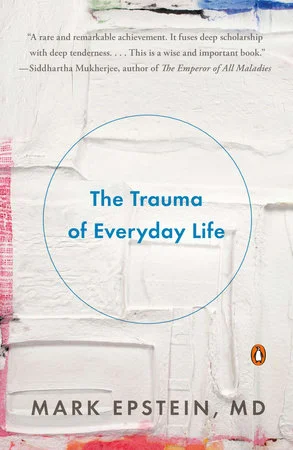The first half of life is devoted to forming a healthy ego, the second half is going inward and letting it go. Carl Jung
This list is evolving and will grow with time to include multiple voices of knowledge and knowing.
Safety and Co-regulation
Stephen Porges, The Neurobiology of Feeling Safe (2017)
Chapter 1 of Porges’ book, The Pocket Guide to Polyvagal Theory: The Transformative Power of Feeling Safe (2017) is available online to the public here. This compact book is based on conversational interviews with Porges that were edited to provide more accessible writing on the biology and science of safety.
And this, my first sighting of Porges in mainstream media, The Guardian. While the focus is on polyvagal theory, this piece mentions the symposium “Love vs Trauma” without inclusion of details about another co-presenter, Sue Carter, Porges’ spouse. Carter is responsible for identifying the role of oxytocin in early bonding and adult pair-bonding. I think that’s pretty exciting stuff since I have a hunch their research has been overlapping for decades.
Trauma, The Nervous System and Somatic Experiencing
Peter Levine, In an Unspoken Voice: How the Body Releases Trauma and Restores Goodness (2010)
This book is a wonderful synthesis of Levine’s research, practice and principles of his development of Somatic Experiencing as a natural approach to healing trauma. He maps the nervous system and our shared biological responses to stress, threat and safety within the context of lived experience and therapeutic examples. The result is a very accessible read for clients and clinicians to better understand the human process of healing which inevitably brings us closer to ourselves and ultimately each other through a more spiritual life of embodied connections.
Somatic Experiencing Resource Page
Peer-reviewed articles, doctorate theses and some very helpful videos to support anxiety and self-regulation practices during the current pandemic.
Mapping the Autonomic Nervous System
This is a particularly good map to visualize how stress responses move through the body as cycles (or habitual patterns) of activation and deactivation. I really like the additional language used to identify statements within these physiological states of mobilization (fight/flight = “I can”), immobilization (freeze = “I can’t”) and settling and expanding into safety (social engagement = “I am”).
Click on the image to enlarge.
Brain Science
Psychiatrist Iain McGilchrist is the author of The Master and His Emissary: The Divided Brain and the Making of the Western World (2009).
In this RSA Animate, McGilchrist describes the complexity of the human brain. It is not divided in half with "emotion on the right, reason on the left". Rather, our brains are entirely whole and integrated — with the rest of the body! — and we as a culture are increasingly dividing ourselves and each other from our essential embodied connectedness.
Attachment Theory
What is attachment theory? The importance and influence of early bonding on adult pair-bonding is discussed in detail here at VeryWell Mind.
The Gottman Institute expands on these dynamics in relationship — but they also play out in work environments and friendships! Here’s an informative read on how “Your Attachment Style Influences the Success of Your Relationship”
Stay tuned, much more coming on this very accessible and paramount theory of understanding human behaviour as expressions of safety and defence in the presence of another.
Early Life Stress
Pediatrician Nadine Burke Harris gives a passionate talk about her research, practice and healthcare initiatives that focus on effectively treating toxic stress in children.
Nadine Burke Harris cites the ACEs Study to illustrate the correlation between early childhood adversity and its impact on brain development and adult health and well-being.
Indigenous Wisdom
Pat McCabe (Weyakpa Najin Win, Woman Stands Shining) is a Diné (Navajo) mother, grandmother, ceremonial leader, and international speaker who draws upon the Indigenous sciences of Thriving Life to reframe questions about sustainability, balance and upholding the honour of being human. In this episode, Ian MacKenzie says he “learns about Pat’s personal journey with spirit, how she integrated her rage as a woman on this planet, and the deep prayer she holds for men to connect once again as functional members of the Hoop of Life.” https://www.patmccabe.net/
Southern Stl’atl’Imx Health Society and The Kindness Project. The Southern Stl’atl’imx Health Society serves N’Quatqua, Samahquam, Skatin and Xa’xtsa (Douglas) First Nation.
Click on the image to enlarge
Eastern Wisdom
Pema Chodron is an American Buddhist nun, author and teacher. This is an audio file from Coming Closer to Ourselves (2014).
Pema Chodron’s teachings came to me through a book after the sudden loss of a friend 15 years ago. A psychologist friend shared her copy of The Places that Scare You (2002) and I held it tightly for months. Pema’s teachings are about softening with kindness and her wisdom was a beacon of light then. She continues to illuminate the nature of suffering from a Buddhist perspective. I can see now that her teachings, her very special kind of levity and dark humour opened my heart-mind to a new way of understanding myself, each other, psychology at large and eventually shaped my path to becoming a therapist.
Trauma and Spirituality
Mark Epstein is a Buddhist psychiatrist and author. His book, The Trauma of Everyday Life (2014) is described by his publisher as “a revolutionary reexamination of trauma’s role in the life journey, opening the door to growth and healing.”
He also skillfully weaves Buddhist principles of suffering into current language about trauma through case studies and personal narratives that emphasize Eastern wisdom traditions.
Healing Trauma and Spiritual Growth: Peter Levine and Thomas Huebl
Here is a wonderful recent talk with Peter Levine and Thomas Huebl on the attuned presence needed to repair and heal the breaks in connection that define trauma, both personal and collective. A main thread of this discussion is that “we are all connected through the traumatization of the world, and that the healing of trauma is a way of returning to the wholeness and fullness of living.” (Quoted from text in link)
Local Resources and Support Groups
Crime Victim Assistance Program (CVAP) is a government-funded program to help individuals recover from the effects of traumatic events. Financial assistance is available whether or not a perpetrator is charged and there is no time limit for applications from victims of sexual offences.
Contact CVAP directly at 604 660-3888 or VictimLink BC at 1-800-563-0808 for more information.
Manology offers groups in East Van for men to explore “masculinity” and support each other. They offer drop-in and closed-group programs.
“Manology is a friendly, interactive and experiential course for men of all stages, viewpoints, orientations, and ethnicities.”








